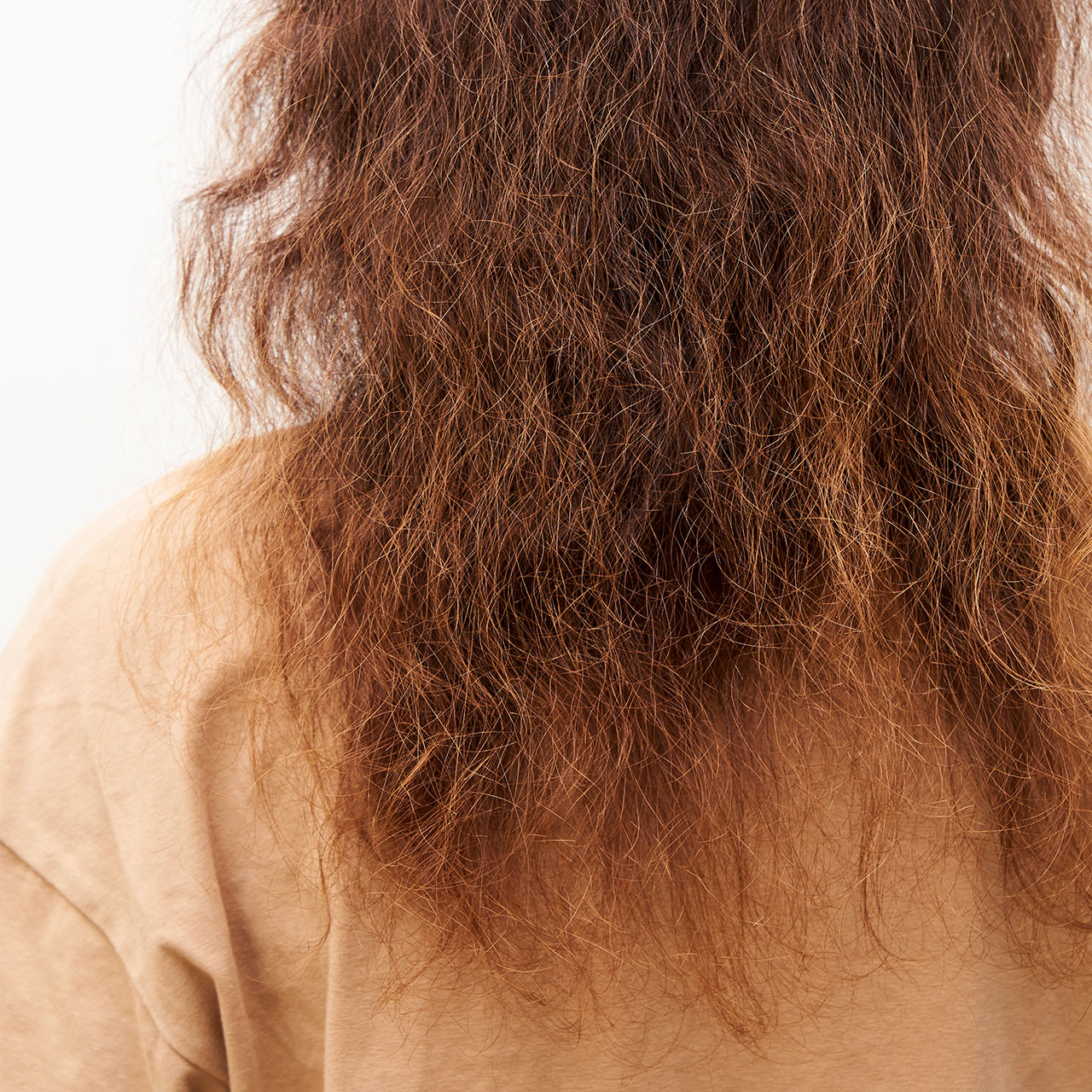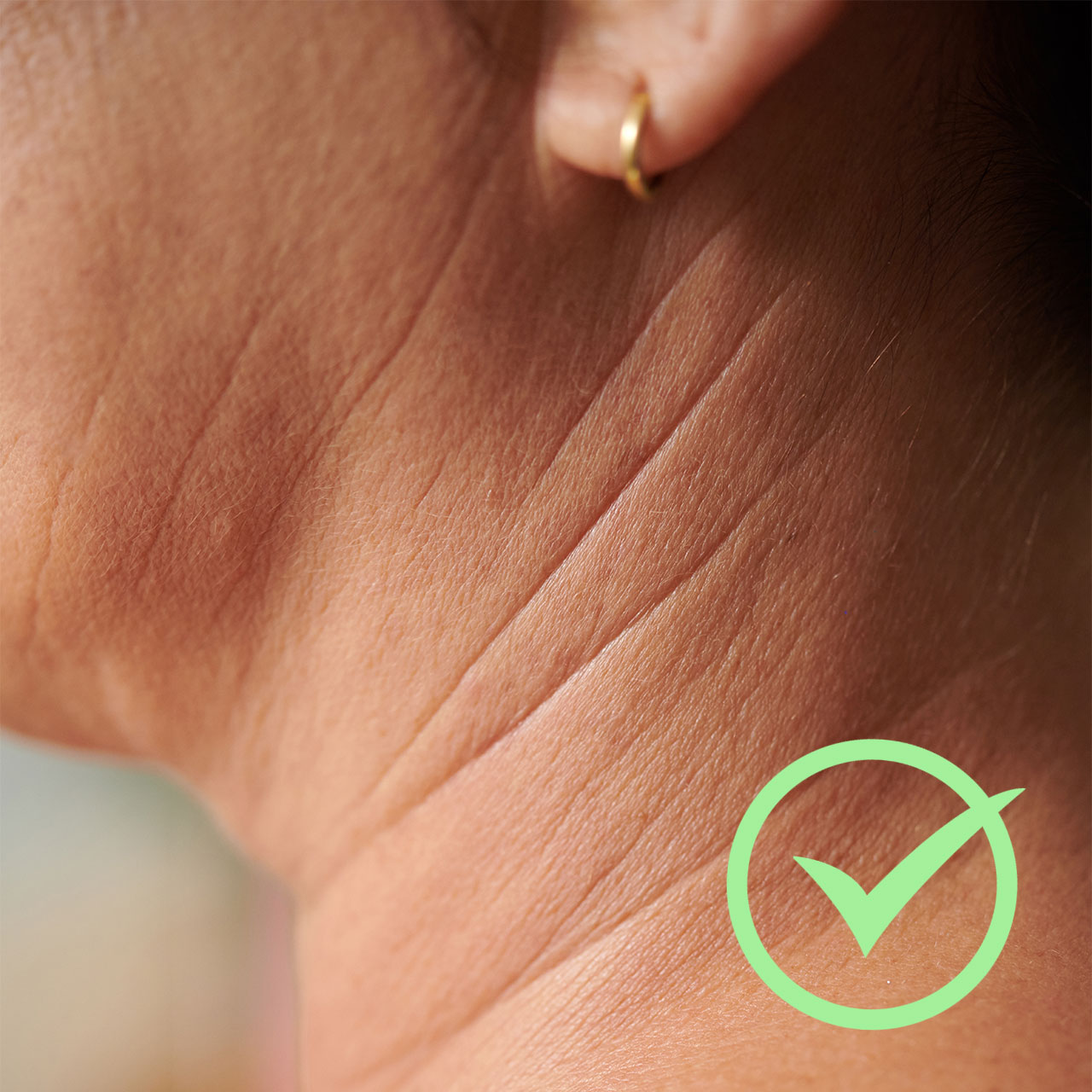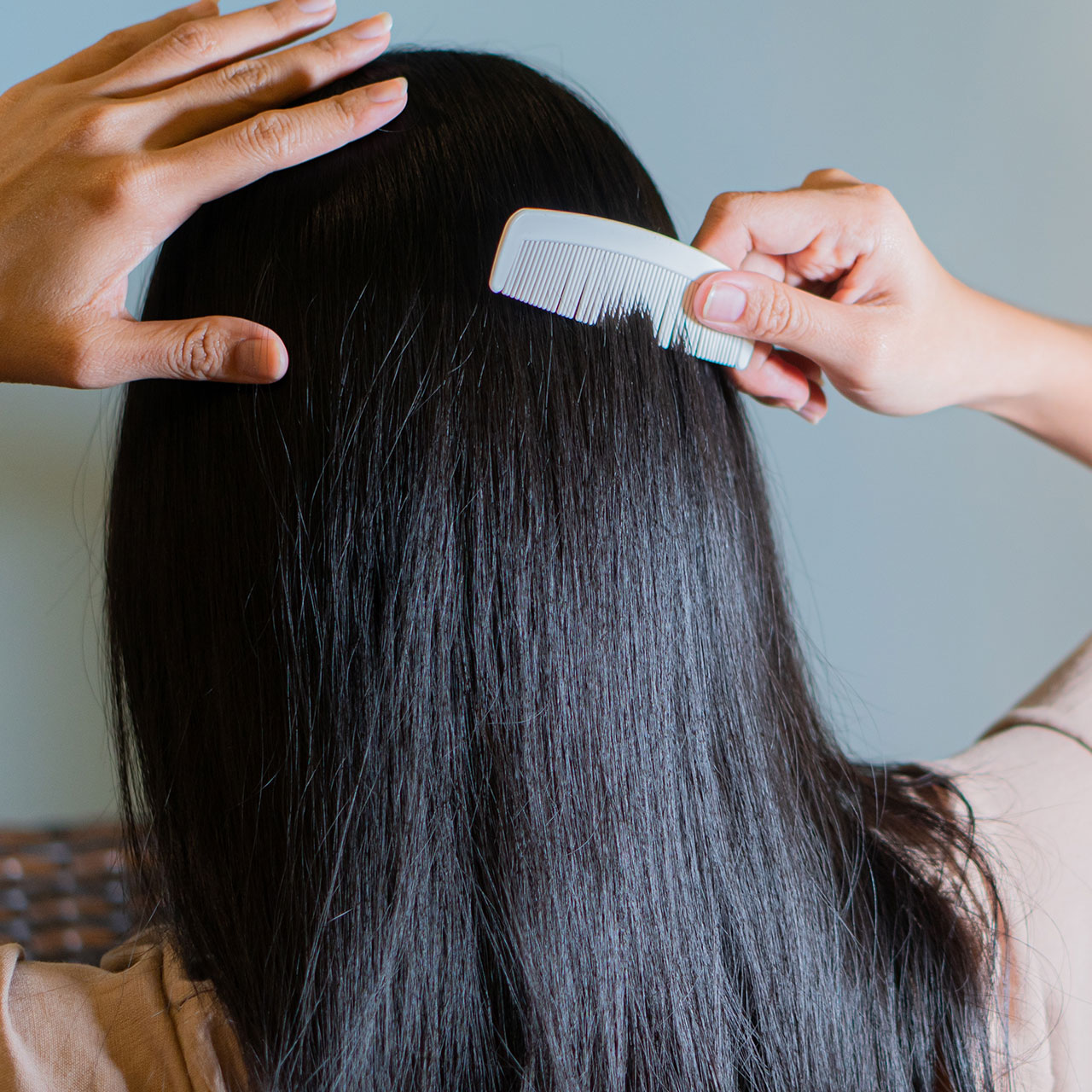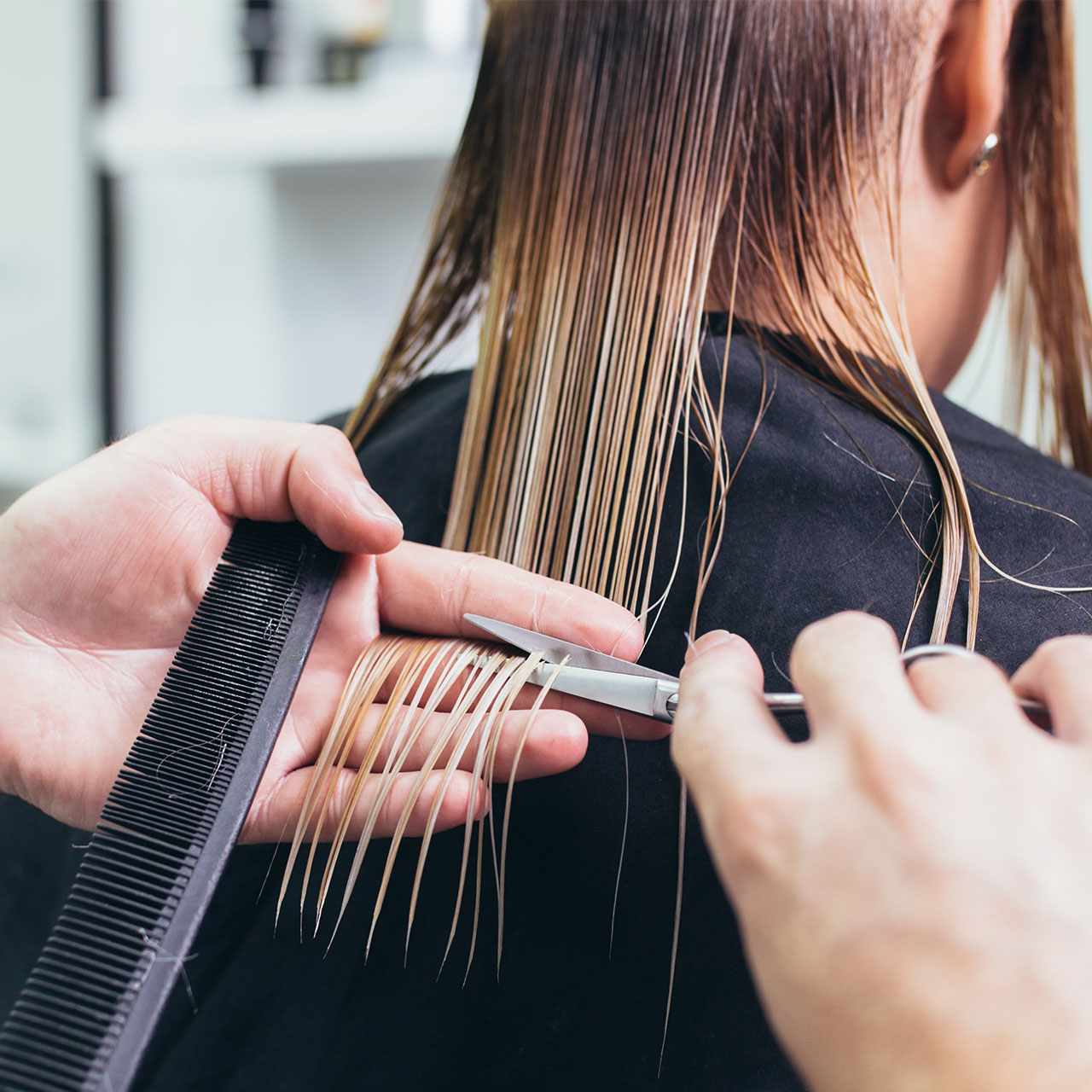It wasn’t long ago that skincare serums were little more than additional products we would sometimes use to add a little flavor to our routine. But now they’ve become staples in our regimen and for great reason: the right ingredients can tackle a variety of skin issues we want to address — from dryness or sagging skin to dark spots. Hyperpigmentation, or dark spots, can appear on the skin for a number of reasons that include aging, hormonal changes, and exposure to UV light. And they are one of the more notoriously difficult issues to treat. In-office procedures like lasers are probably your best bet, but a quality serum containing effective ingredients is key to both lightening dark spots and preventing new ones from forming. Dr. Rina Allawh, a board-certified dermatologist practicing in the Philadelphia area, shared with SHEFinds.com her picks for the four best serums for dark spots.
Vitamin C
Put simply, Vitamin C is a powerful antioxidant that is quintessential in one’s skin care regimen, Dr. Allawh says. “It prevents sun damage, increases collagen production, brightens the skin and most importantly, improves skin tone,” Dr. Allawh says. A Vitamin C serum should be incorporated into your daily routine in the morning — apply it after cleansing your skin and before moisturizing and adding sunscreen (note: don’t forget sunscreen, which will help block UV light from making spots worse or creating new ones).
The key to choosing a Vitamin C serum is to look for serums that contain L-ascorbic acid, the most active form of Vitamin C, Dr. Allawh notes.
“My top pick is the Drunk Elephant C-Firma Day Serum (Sephora, Ulta), containing L-ascorbic acid, pumpkin ferment extract and pomegranate enzyme,” Dr. Allawh says. “This cruelty-free product helps to both exfoliate and brighten the skin. Ingredients are safe and effective and gentle for patients with sensitive, dry and acne-prone skin. The Ordinary Magnesium Ascorbyl Phosphate 10% which is great for sensitive skin.”
Hydroquinone
“Hydroquinone remains the worldwide gold standard for topical skin lightening,” Dr. Allawh says. :Containing 2% hydroquinone, my top recommendation is AMBI Fade Cream for Normal Skin.” Unlike Vitamin C, this is a spot treatment that should only be used directly on dark spots once or twice a day.
Alpha-hydroxyacids
Alpha-hydroxyacids nclude glycolic and lactic acid and are used for fine wrinkles, dyspigmentation and melasma (a skin condition, most commonly occurring in females, wherein hyperpigmentation involves the forehead, temples and sides of the face; also referred to as the “mask of pregnancy” as it frequently occurs during and/or shortly after pregnancy as a result of hormonal changes), according to Dr. Allawh.
“This ingredient is often incorporated in various in-office and over-the-counter facial peels,” Dr. Allawh says. “My top recommendation: Paula’s Choice SKIN PERFECTING 8% AHA Gel.”
Topical Licorice Extract
Prefer natural skincare routes? “Topical licorice extract has been shown to be effective when it comes to blocking melanin (pigment) synthesis,” Dr. Allawh says. “Word of caution: Apply at bedtime and be diligent about sunscreen use as this may make your skin photosensitive. Topicals Faded (Ulta/Sephora) contains licorice root, among other antioxidants including Centella Asiatica Leaf Extract and kojic acid, as well as hydrating ingredients such as niacinamide.”
Remember: patience and consistency are key with any skincare routine — you won’t see results overnight. Commit to using more effective ingredients that target your concerns and always protect your skin with sunscreen during the day — no matter which serums you use in the morning or at night.


























